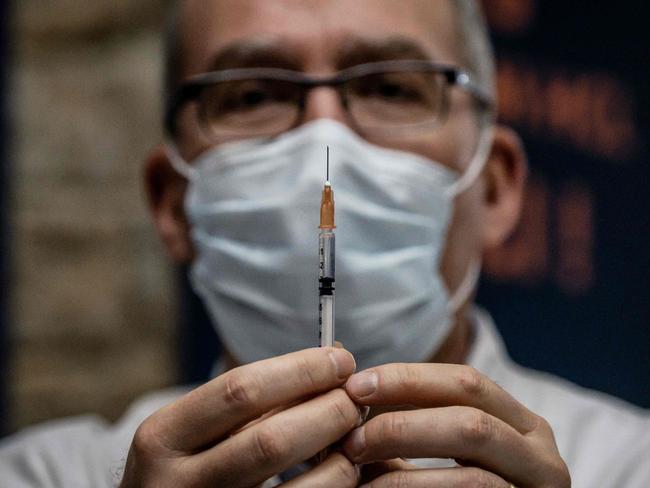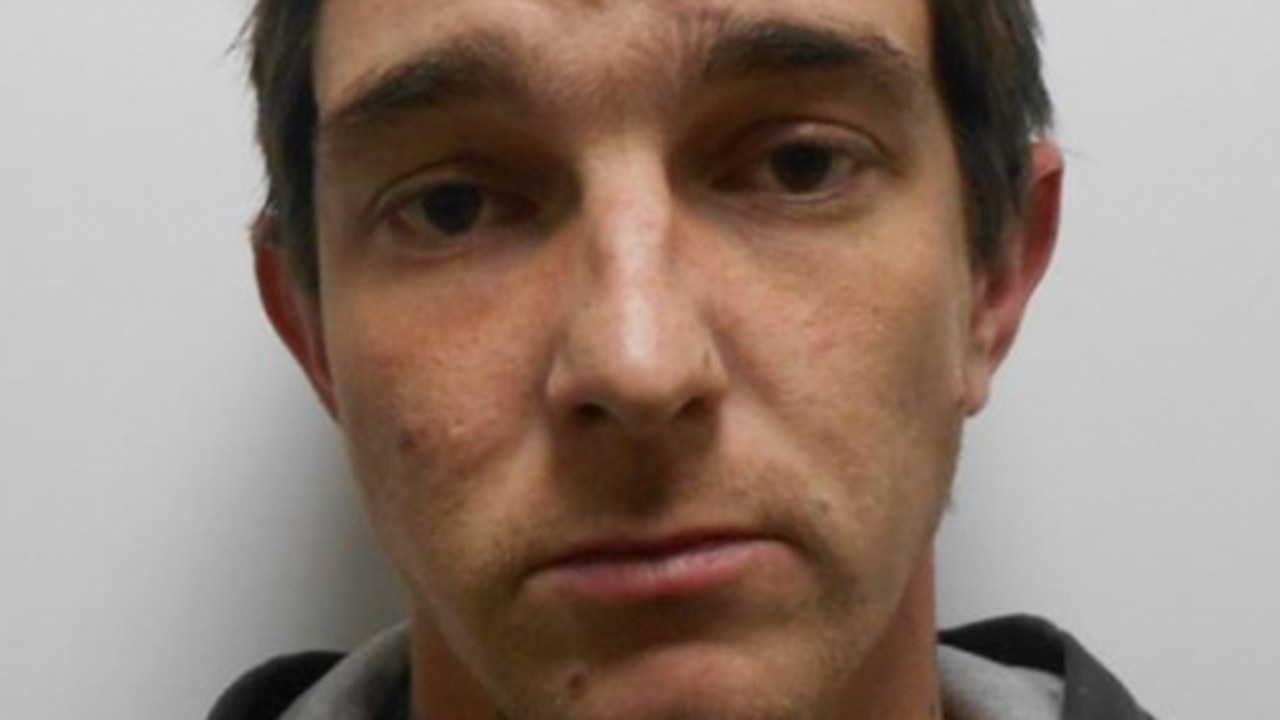Infectious diseases expert Sanjaya Senanayake says world won’t be protected from COVID-19 for six years
A leading infectious diseases expert has warned how long it will take to vaccinate the globe, but more worringly, worse could be yet to come.
NewsWire
Don't miss out on the headlines from NewsWire. Followed categories will be added to My News.
The world will not be fully vaccinated from COVID-19 for six years, a timeline that could have serious consequences for Australia, a leading expert has warned.
Infectious diseases expert Sanjaya Senanayake made the claim to the National Press Club on Wednesday, urging the federal government to assist foreign vaccine rollouts once Australia is adequately covered.
He gave a grim forecast of the future, saying more than 40 new infections have appeared around the world in the last 50 years alone.
“Our global population is growing, we are impinging more and more natural habitats and interacting with wild animals and our inter-connectedness globally has never been as great as it is now,” he said.
“Therefore, the next pandemic is not 100 years away - it is just around the corner.”
With vaccine rollouts under way in just 70 countries, Dr Senanayake said worldwide protection would take a lot longer than widely thought.
“At the current rate of vaccination, it is estimated we won’t reach global coverage of 75 per cent with vaccines for about six years. Not one or two years but six years,” he warned.
Dr Senanayake warned that across 70 of the world’s poorest nations, just 10 per cent of people would be immunised by the end of the year.
RELATED: Australia secures extra doses of Pfizer vaccine


He said a lack of coverage elsewhere could expose Australia to mutant variants that vaccines may struggle to keep up with.
The federal government expects Australia’s rollout to be complete by October this year, with 50 million doses of the AstraZeneca vaccine to be produced in Melbourne.
But Dr Senanayake warned Australia would not reap the full benefits of its rollout unless it bolstered immunisation in foreign countries.
“If we continue this global vaccine rollout while in other parts of the world infection continues unchecked, then we will see more sinister strains emerge which might have further impacts on vaccine efficacy,” he said.
“Therefore, if you were a believer in vaccine nationalism … you also have to embrace vaccine altruism and ensure that vaccines are delivered in sufficient numbers and in a timely manner to the developing world.”
Highly contagious strains emanating from South Africa, the UK, and Brazil have caused alarm among global health experts.

COVID-19 vaccines could become a yearly requirement if the virus continued to mutate at a rapid pace, and concerns have been raised over vaccines’ efficacy against new variants.
Fears were heightened this week when a study found the AstraZeneca vaccine was ineffective at preventing mild symptoms brought on by the South African strain.
But with an average age of 31 among just 2000 participants, the study offered little insight on older patients with the variant.
Infectious diseases paediatrician Robert Booy, who also appeared on the panel, said “longer, better” studies were required to gauge the vaccine’s effectiveness.
“We really need to understand that South African report is unpublished, and it’s in a tiny number of people,” he said.
“It is addressing a population that hardly ever gets severe disease, so the key end point of protection from severe disease has not been addressed.
“The study is in effect irrelevant to our current considerations.”
Originally published as Infectious diseases expert Sanjaya Senanayake says world won’t be protected from COVID-19 for six years


